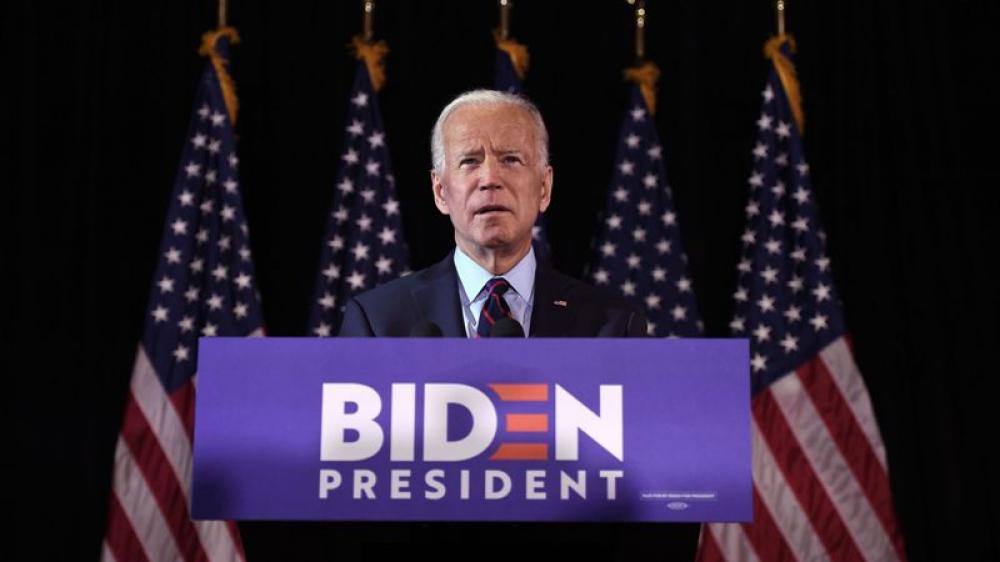Just Earth News | @justearthnews | 08 Nov 2020

Xinhua/UNI
Washington: Chinese observers believe that even if new president Joe Biden makes the US rejoin the Paris climate pact, there will be several challenges to overcome in the US-China relationship.
In a major move, the US recently formally left the accord reached in the French capital in 2015.
The deal, which was adopted by almost 200 countries, aims to keep global warming under 2 degrees Celsius (3.6 degrees Fahrenheit) above pre-industrial levels this century, while pursuing ways to reduce it to 1.5 degrees, reports The South China Morning Post.
If Biden makes good on his promise, the relationship between China and the US might improve on the climate change issue, but Shi Yinhong, an expert on US affairs at Renmin University in Beijing, said the two sides would still have other challenges to deal with.
“China and the US could seek cooperation on areas such as climate change, non-proliferation, global health and civilian cybersecurity in principle, but the results would be limited,” he told the newspaper.
Li Shuo, a senior global policy adviser for Greenpeace East Asia in Beijing, told The South China Morning Post that although there were uncertainties about how China and the US might work together on climate change, it was unlikely they would be able to rekindle the relationship they had in 2015.
“The variables include how the US designs its China policy and what are their priorities,” he said. “But the situation is different from 2015 and that close cooperation model will be hard to copy.”
The climate issue could even create new areas for competition between China and the US, Li said.
“For example, if the US starts a cleantech race, it may set export limits [on clean technologies] on China.”
Pang Zhongying, a professor of international relations at Ocean University in Qingdao, said that people should not view a Biden administration as an end to all China-US problems.
“We shouldn’t think we can finally take a breath as the tense relationship and confrontation between China and the Trump administration are paused,” he said. “We should not be too optimistic.”